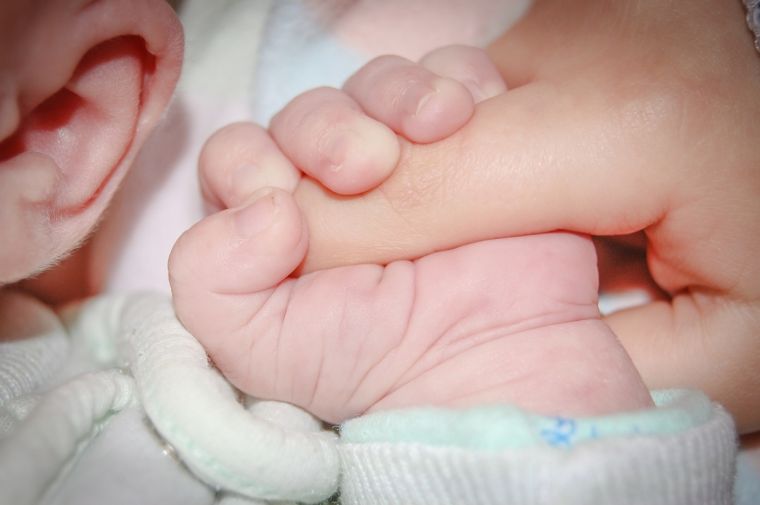Abortion ruling highlights 'urgent need' for Northern Ireland Assembly to be restored

Christian advocacy group CARE has voiced concern for the protection of women and the unborn after the High Court today ruled that Northern Ireland's abortion law breaches the UK's human rights commitments.
The status quo was challenged in Belfast by Sarah Ewart who was denied an abortion after finding out that her unborn baby had not developed a brain or skull, and had no chance of surviving outside the womb.
She travelled to England to terminate the pregnancy at 21 weeks because of a prohibition in Northern Ireland on abortions in cases of fatal foetal abnormality (FFA) - where the baby is expected to die before, during or shortly after birth.
Mrs Justice Keegan today followed a previous ruling by the Supreme Court that current abortion law in Northern Ireland is incompatible with Article 8 of the European Convention on Human Rights (ECHR) in FFA cases.
The judge said: "She has been affected by the current law in that she has had to travel to seek an abortion in desperate circumstances.
"In addition, she runs the risk of being directly affected again by the current legal impositions given that she is at risk of a baby having a fatal foetal abnormality.
"She has had to modify her behaviour in that she could not have medical treatment in Northern Ireland due to the risk of criminal prosecution."
However, the judge refrained from making a formal statement of incompatibility in light of imminent changes to Northern Ireland's abortion laws passed by Westminster that are due to come into effect on October 22.
CARE Chief Executive, Nola Leach said that while the circumstances of the case were "tragic", the changes to Northern Ireland's laws remained unjustified.
"We recognise the tragic circumstances involved in this case," she said.
"While we respect the judgment of the High Court today it is important to note that today's ruling relates to a very, very small number of complex cases.
"This judgment in no way justifies the sweeping changes that will be imposed on the people of Northern Ireland if the Assembly is not restored by 21 October.
"Changing the law to accommodate abortions in the cases of life-limiting conditions deemed fatal is one thing and we are ready for a discussion on these very difficult situations.
"But thanks to Westminster's decision to by-pass devolution, Northern Ireland will have one of the most extreme abortion laws in Europe with nearly all the existing protections for women and babies changed or removed.
"This raises the alarming prospect that from 22 October, abortion will be available up until the point at which the baby is capable of being born alive. It will mean abortions permitted if that baby is the 'wrong sex', or if the woman is being pressured into an abortion.
"For five months from October 22 to March 31, there will be no abortion specific statutory regulation of abortion clinics, something even England, with its permissive abortion regime, still includes."
She went on to say that it was a matter of urgency that the Northern Ireland Assembly reconvene so that the province can decide its own abortion laws.
"Surely, if we care about the lives of women and babies we will see that what is about to happen will undermine the value of life," she said.
"Today highlights the urgent need for the NI Assembly to be restored as soon as possible. That's where debates around NI's abortion law should be taking place."











